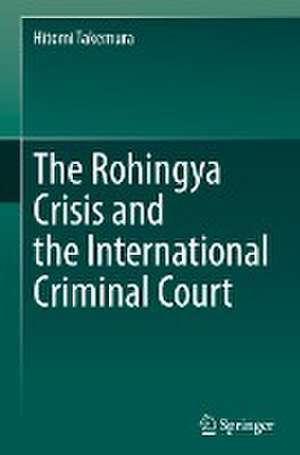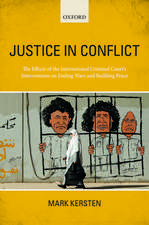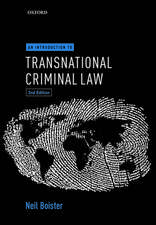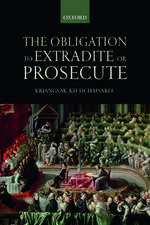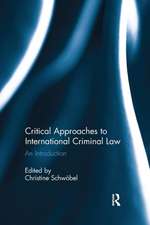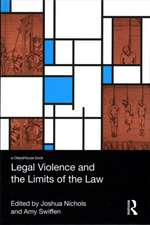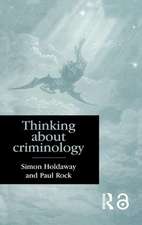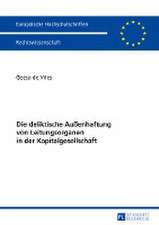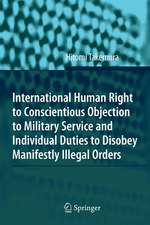The Rohingya Crisis and the International Criminal Court
Autor Hitomi Takemuraen Limba Engleză Hardback – iun 2023
Preț: 781.00 lei
Preț vechi: 952.43 lei
-18% Nou
Puncte Express: 1172
Preț estimativ în valută:
149.52€ • 156.00$ • 125.33£
149.52€ • 156.00$ • 125.33£
Carte tipărită la comandă
Livrare economică 12-26 martie
Preluare comenzi: 021 569.72.76
Specificații
ISBN-13: 9789819927333
ISBN-10: 9819927331
Pagini: 151
Ilustrații: XIII, 151 p. 1 illus.
Dimensiuni: 155 x 235 mm
Greutate: 0.41 kg
Ediția:2023
Editura: Springer Nature Singapore
Colecția Springer
Locul publicării:Singapore, Singapore
ISBN-10: 9819927331
Pagini: 151
Ilustrații: XIII, 151 p. 1 illus.
Dimensiuni: 155 x 235 mm
Greutate: 0.41 kg
Ediția:2023
Editura: Springer Nature Singapore
Colecția Springer
Locul publicării:Singapore, Singapore
Cuprins
Chapter 1. Introduction.- Chapter 2. Background of the Rohingya Crisis.- Chapter 3. The Rohingya Crisis and the International Criminal Court.- Chapter 4. The Relationship between the Rohingya Case at the International Court of Justice and the Bangladesh-Myanmar Situation before the International Criminal Court.- Chapter 5. Legitimacy, Effectiveness, and Efficiency of the International Criminal Court.
Notă biografică
Hitomi Takemura is a professor of law at Hitotsubashi University in Japan. She has amassed a solid research record in the fields of international criminal and international human rights law both in Japanese and English and has consistently held tenured academic positions since April 2008. Dr. Takemura obtained a bachelor’s degree at Tokyo University of Foreign Studies, LL.M. degrees from Hitotsubashi University and Leiden University (Netherlands), and a Ph.D. from the Irish Centre for Human Rights, National University of Ireland, Galway (Ireland).
Textul de pe ultima copertă
The purpose of this book is to critically examine the activities of the International Criminal Court (ICC) on the eve of its 20th year of existence, with a focus on its relationship to the Rohingya crisis. This book is unique in that it identifies the potential and contemporary challenges of the ICC while focusing on the relationship between the Rohingya issue and the ICC. The relationship between the Rohingya crisis and the ICC is an issue that is fraught with contemporary challenges and worth dealing with. The relationship between the ICC and non-State Parties and the relationship between the ICC and high government officials are the examples of these challenges. Its novelty is to address the relationship between the Rohingya crisis and the ICC by staying current of information. The human rights situation of the Rohingya is of high international concern. With a case pending at the International Court of Justice (ICJ), not only individual criminal responsibility but also State responsibility may be sought for the most serious human rights violations. The Rohingya crisis itself is of great international concern, and it is expected that the issues will be discussed from the perspective of international human rights law, international humanitarian law, and international criminal law. Therefore, the structure of this book is as follows. First, it explains the history of the Rohingya crisis. Secondly, it touches on the relationship between the Rohingya crisis and the ICC. Thirdly, the book discusses the relationship between the ongoing case of Gambia v. Myanmar at the ICJ and the proceedings of the ICC. Finally, the book concludes with an assessment of the legitimacy, effectiveness, and efficiency of the ICC in recent years.
Caracteristici
Examines the relationship between the Rohingya crisis and the International Criminal Court Reflects on 20 years of the International Criminal Court's work Identifies the relevance of the procedures of the ICJ and the ICC
